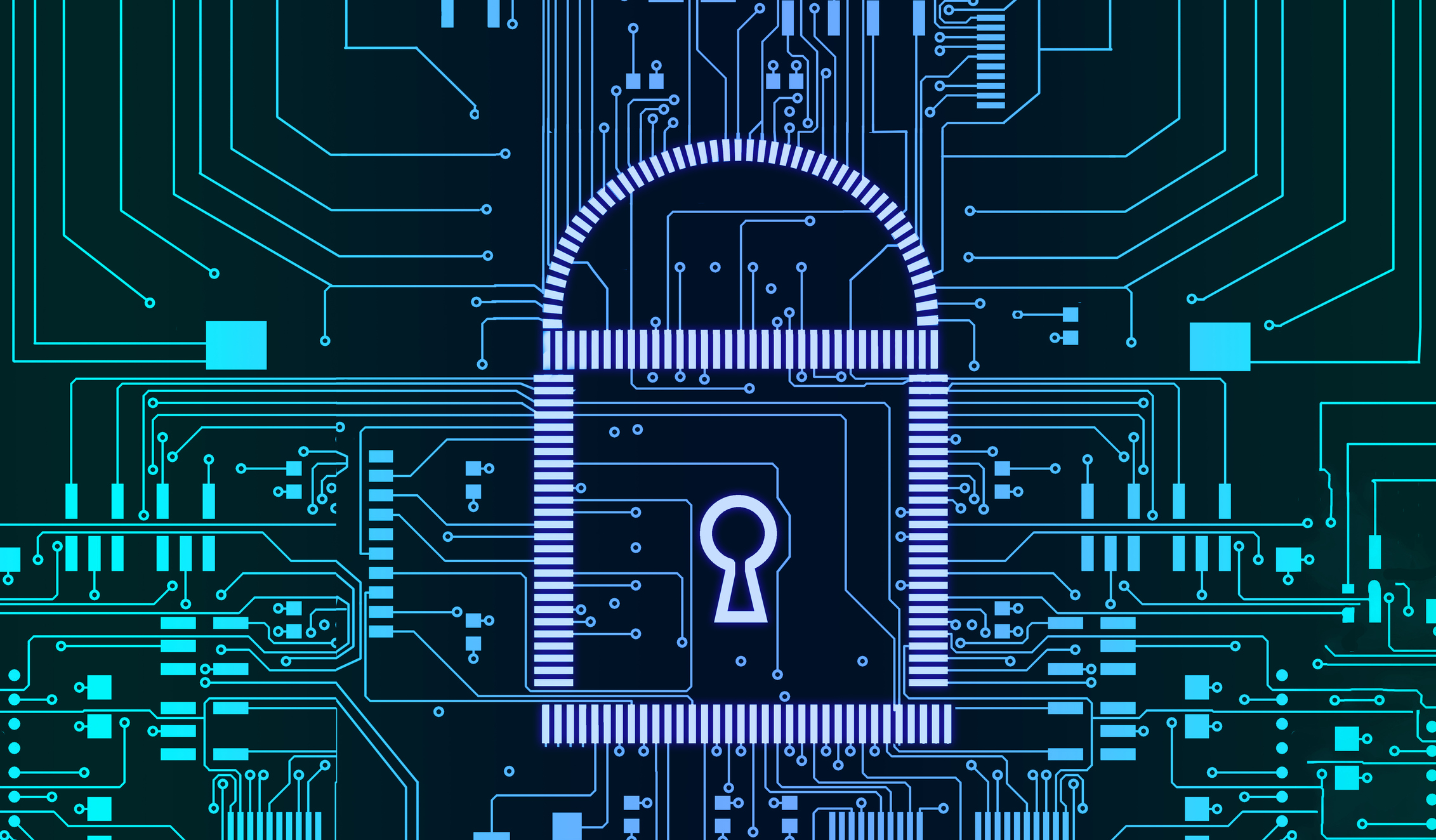The importance of protecting data rises when healthcare employees work remotely. Here are seven ways to better protect your data and your organization when employees work away from the office.
1. Recognise which data is sensitive, and encrypt it.
Encrypting sensitive data is considered the most efficient solution for securing data during a breach. As one of the best practices in healthcare security, it means taking a step toward keeping hackers from viewing or stealing the data. This includes customer information, business data, and employee records.
2. Routinely backup sensitive data.
Although encrypting sensitive data is a great way to protect it, backing up and storing your data securely will protect your business against ransomware hackers. This form of hacking involves locking a business out of their own systems and ransoming the data back to them at a cost.
If your data is encrypted and backed up separately, hackers can’t use this method of cyber hacking against you.
It’s important to provide your remote workers with the tools, knowledge, and reasoning behind backing up data. This helps you make steps toward centralizing and protecting sensitive data as a business.
3. Use cloud-based technology with healthcare IT support.
Using cloud-based technology is considered one of the best practices in healthcare security. Due to the nature of it, the cloud usually involves a much higher level of security than your average electronic health record (EHR) security. This in turn results in better protection against a patient data security breach.
4. Create a password-protecting culture.
One way to mitigate the risk of stolen passwords is by requiring employees to create strong passwords. You can also require them to routinely change their password. But this only solves half of the problem. By training employees in the importance of strong and secure passwords, you can create a culture where employees themselves help you with protecting patient data.
5. Don’t forget to protect your hardware.
Although protecting your data from cyber attacks is important, securing your hardware is also critical. As remote workers travel to and from locations, they should always keep a close eye on company hardware. Ensure all remote workers follow IT healthcare compliance and are fully informed about how they can protect company hardware.
6. Provide remote workers with healthcare IT solutions.
To create a streamlined and efficient healthcare service, a business must invest in healthcare IT solutions to be compliant with protecting patient data. This is even more appropriate when it comes to remote healthcare workers. By ensuring that your employees are equipped with appropriate anti-virus and malware detection software, you can help avoid a security breach.
Another way to protect data is for remote employees to install firewalls on their home WiFi. This creates another level of security that will help prevent a cyber attack.
7. Routinely train your remote workers in IT healthcare compliance.
Now is the perfect time to look at the ways you train your remote workers in securing and protecting patient data. It’s always efficient to review company policies and procedures in regards to IT as well as providing employees with adequate training for any new systems or technology you may integrate.
Questions about how to protect patient data are becoming more relevant than ever. As such, continuously reinforcing their importance in the minds of your remote workers is vital. As with most aspects of business, the most efficient way to ensure your employees follow procedures is to create a culture based around the changes. This involves showing employees what you expect and teaching them the importance of the changes and why they’re necessary.
For More Information
Don’t let your remote employees work without being secured against cyber hacks. Contact Scale Technology today at (501) 222-8969 for more information on staying ahead of the game and keeping your data as protected as possible.



